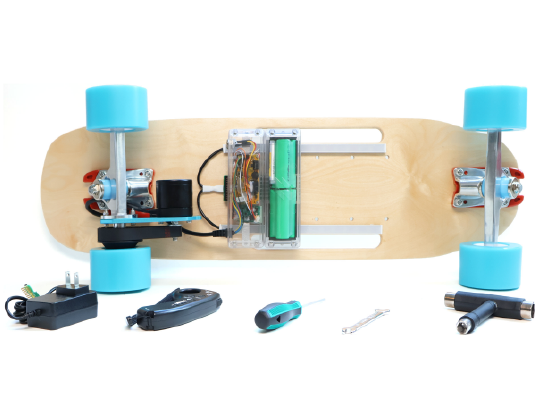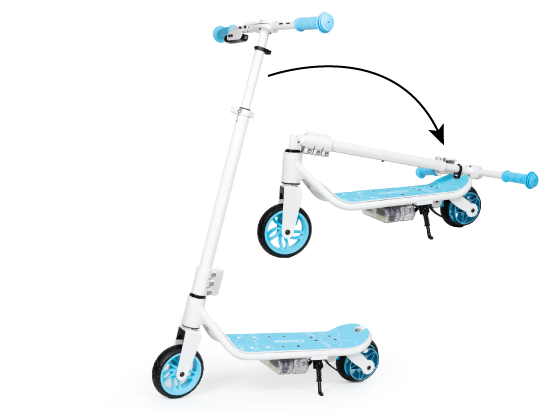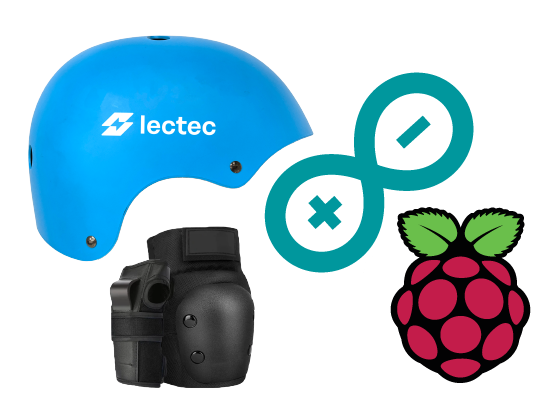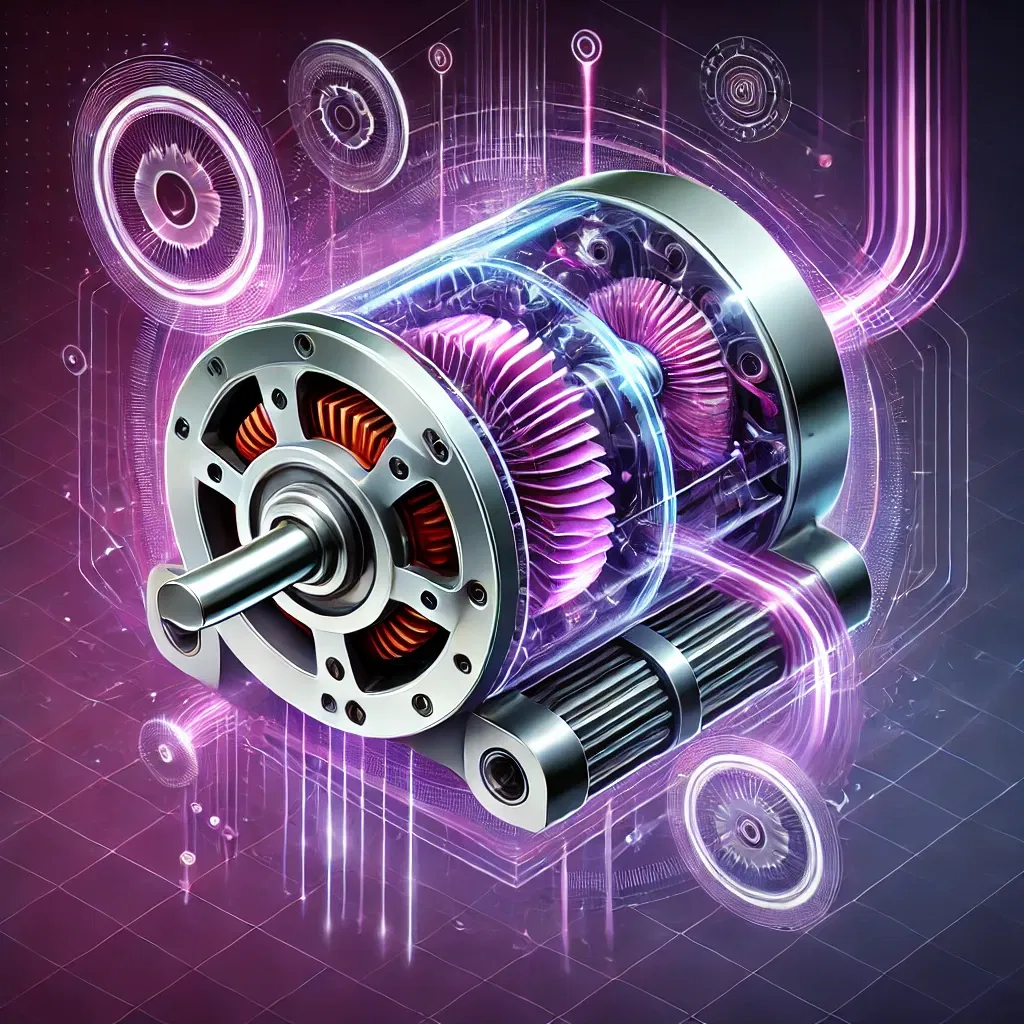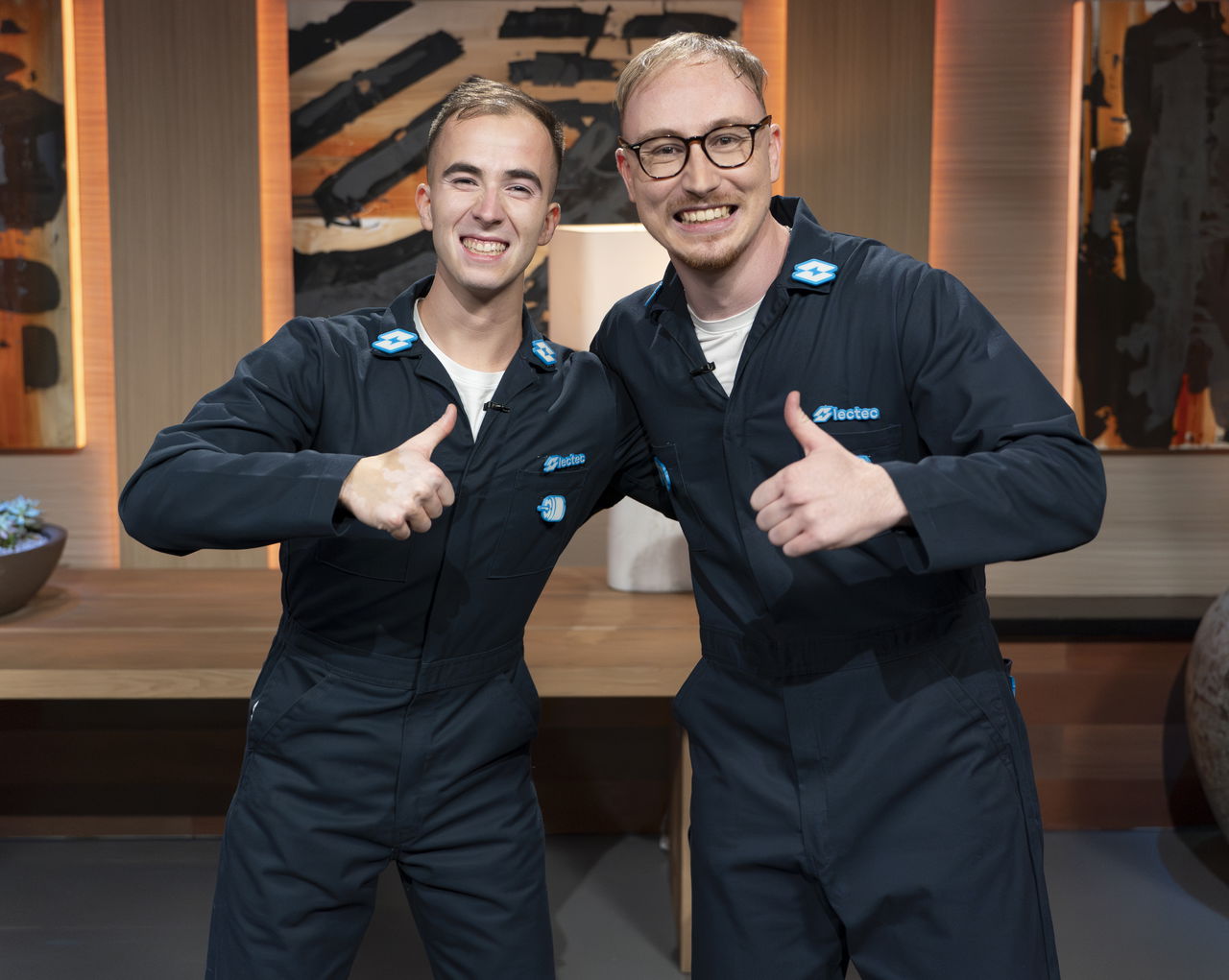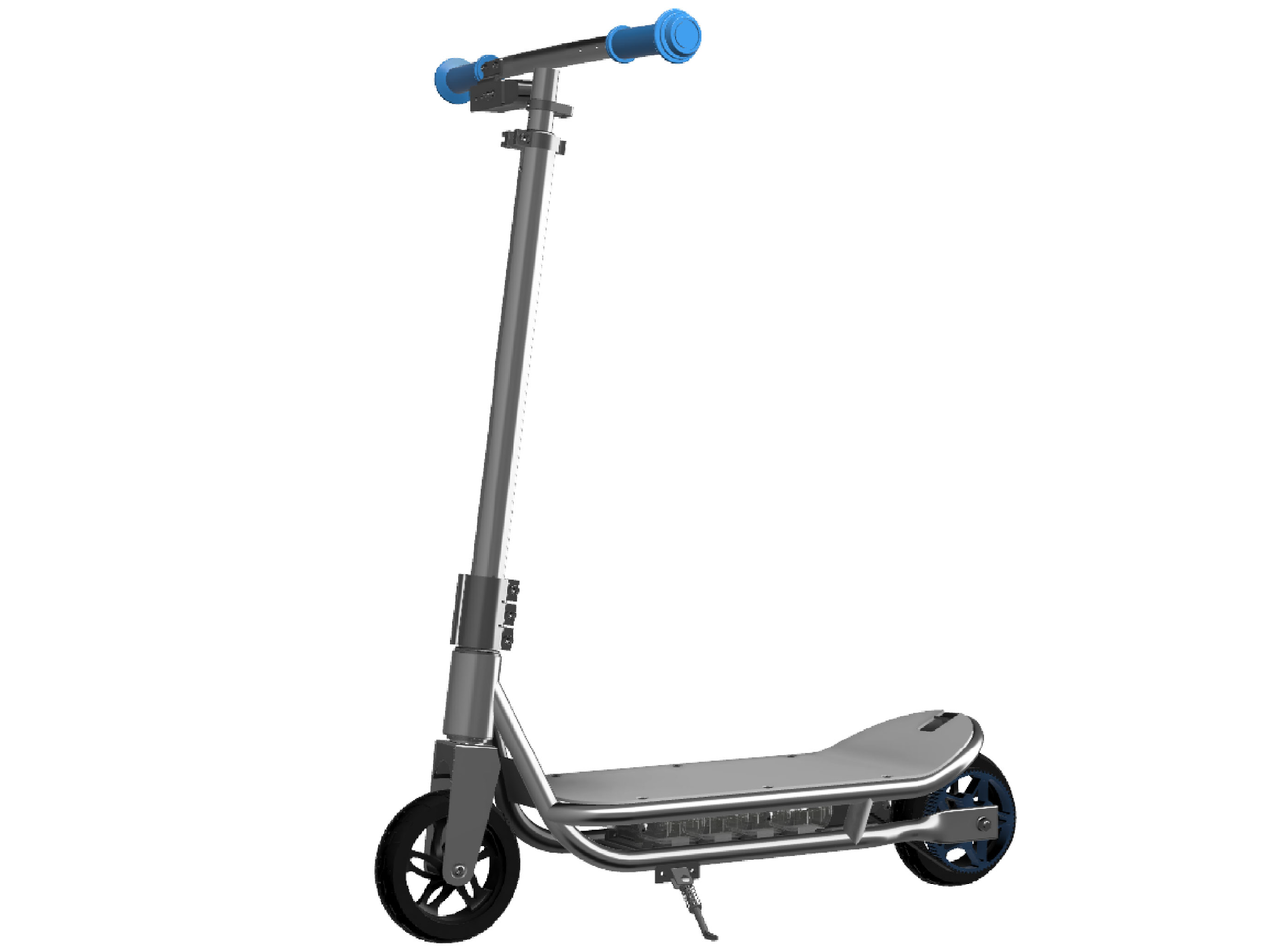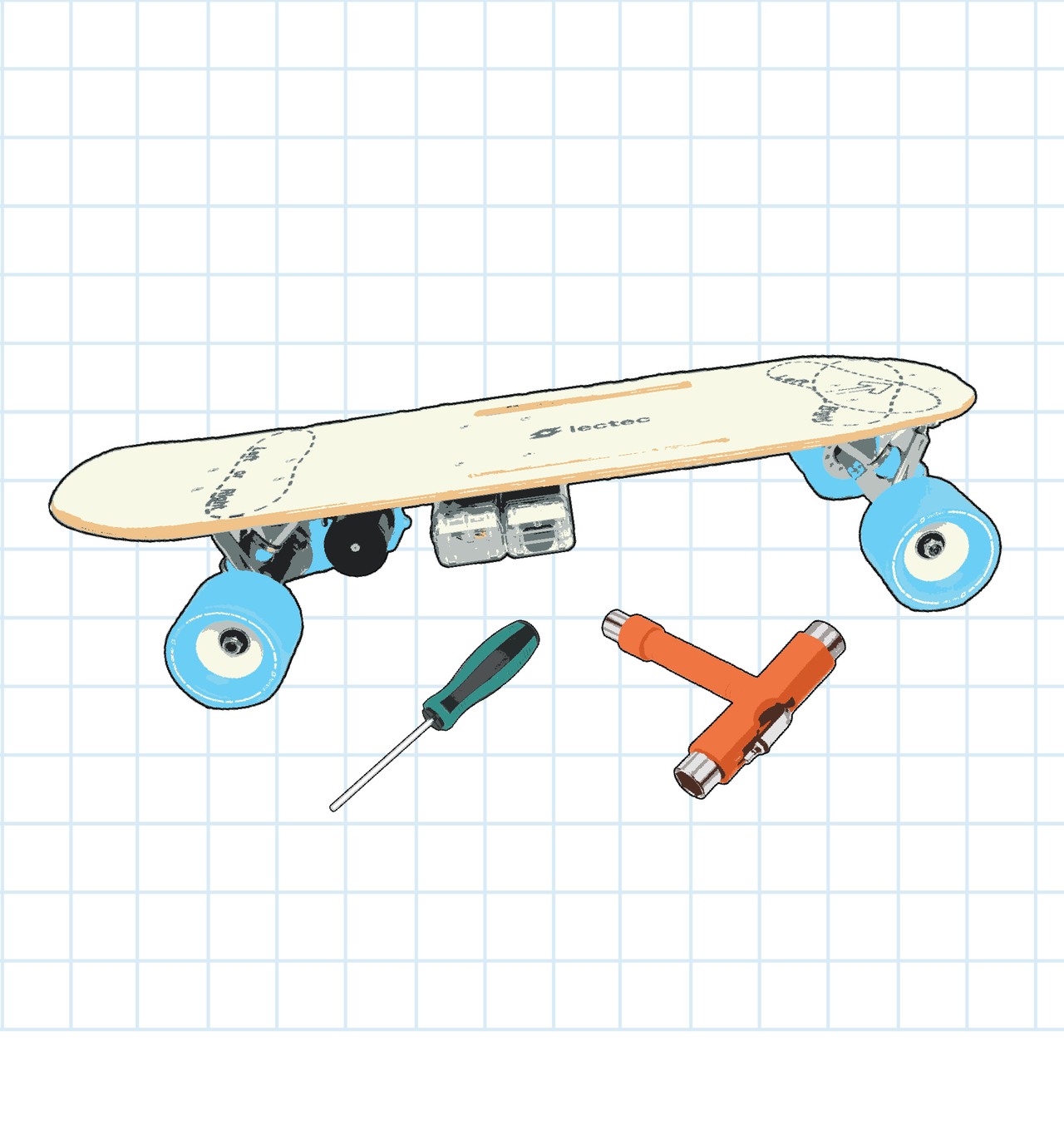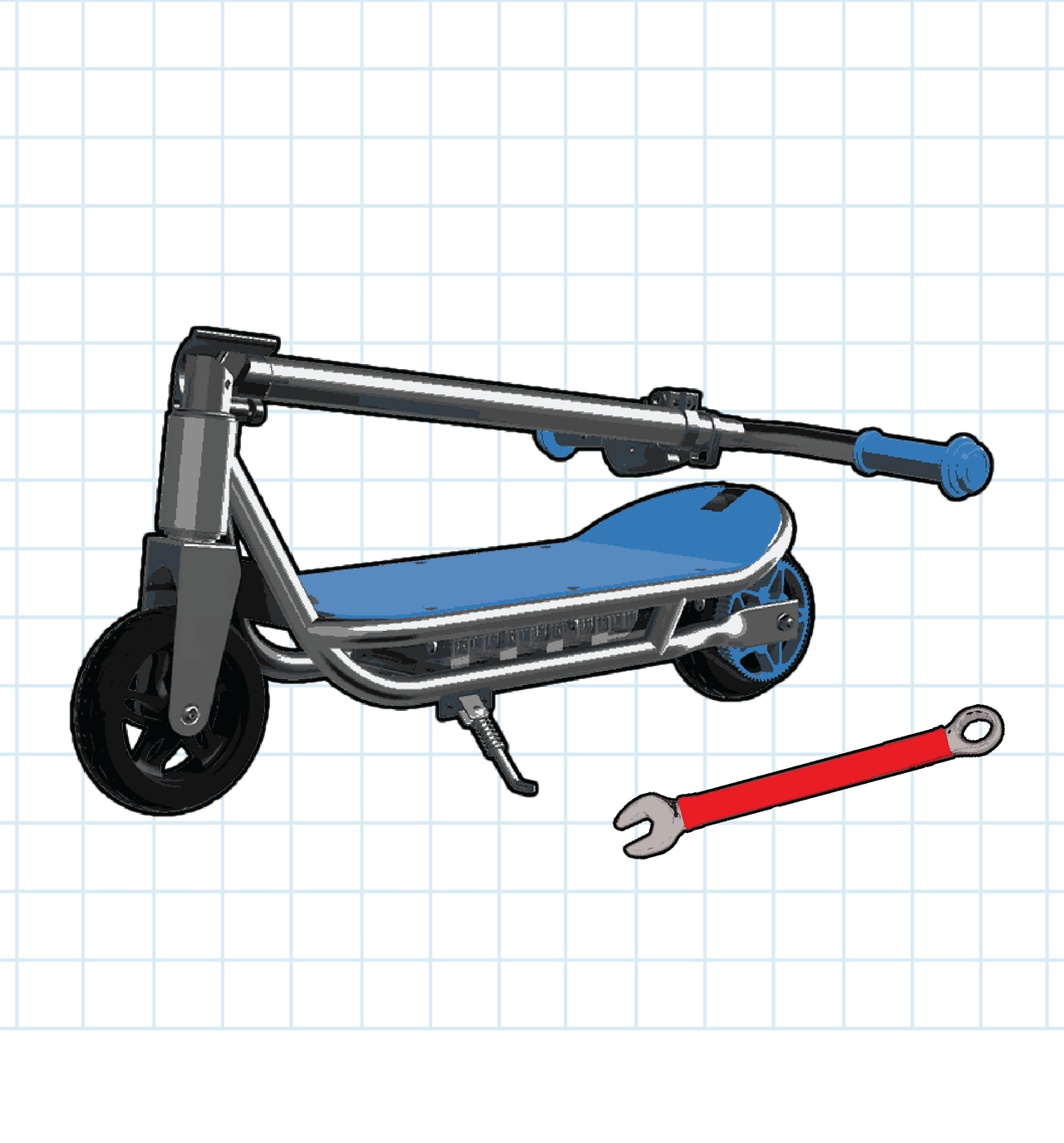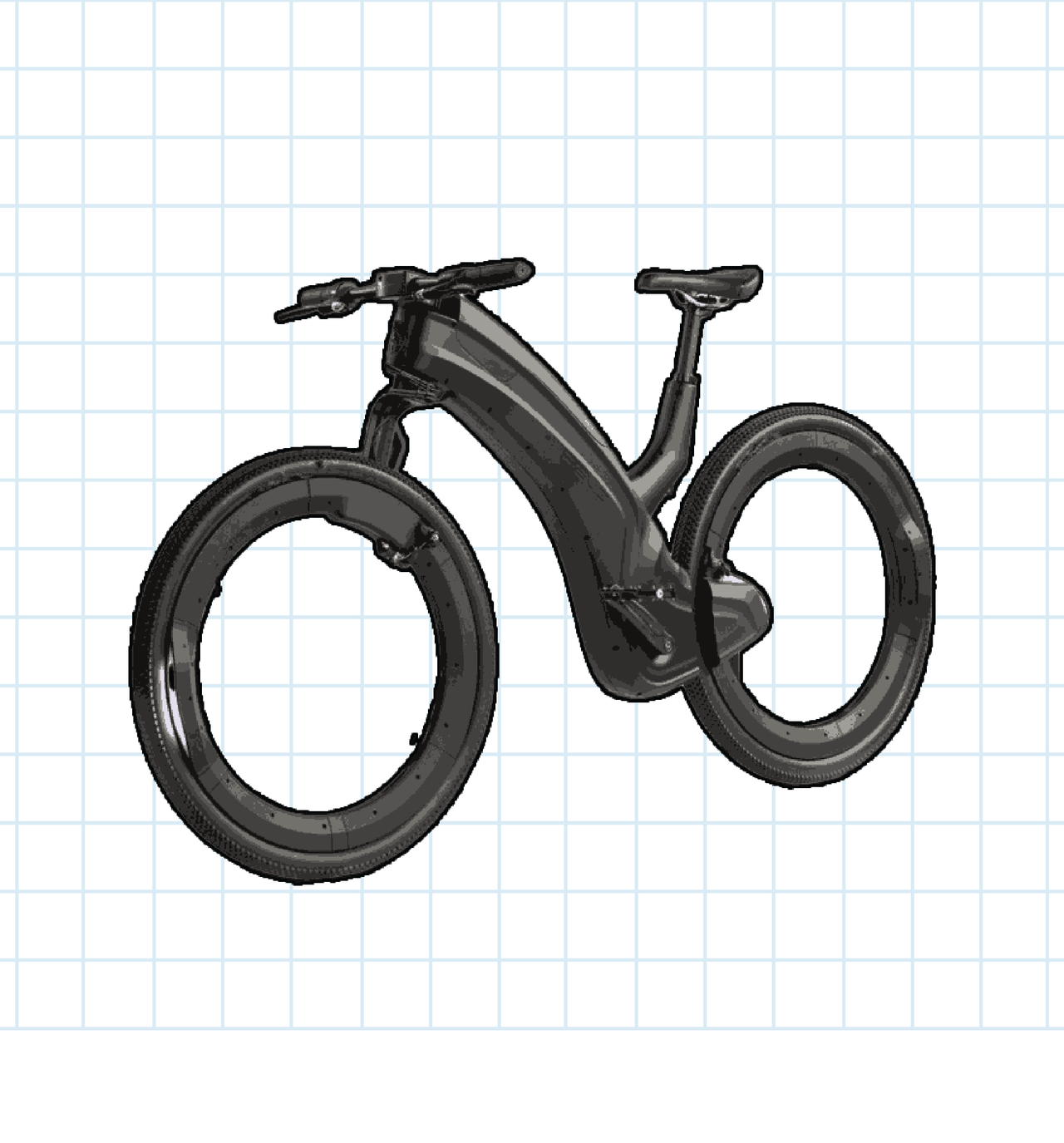• Case Study
• August 22nd, 2025
Girls Quest at Camp Oh‑Neh‑Tah Case Study
Girls Quest at Camp Oh‑Neh‑Tah wanted to electrify their summer experienc
View Homepage

Written by
Luke St. Amand
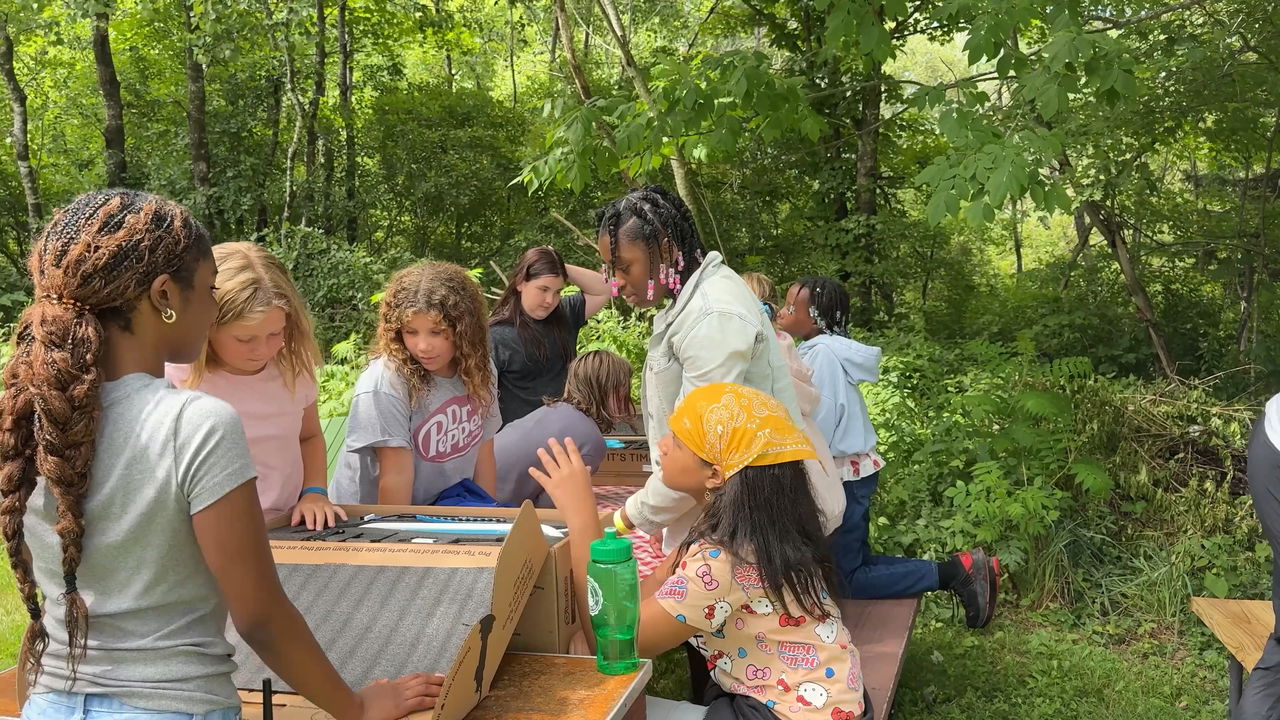
School:
Location:
Grades:
Program:
Products:
Camp Oh-Neh-Tah
Catskill Mountains, in East Windham, NY
Ages 8-14
Girls Quest
Lectec Skateboards & Scooters V3
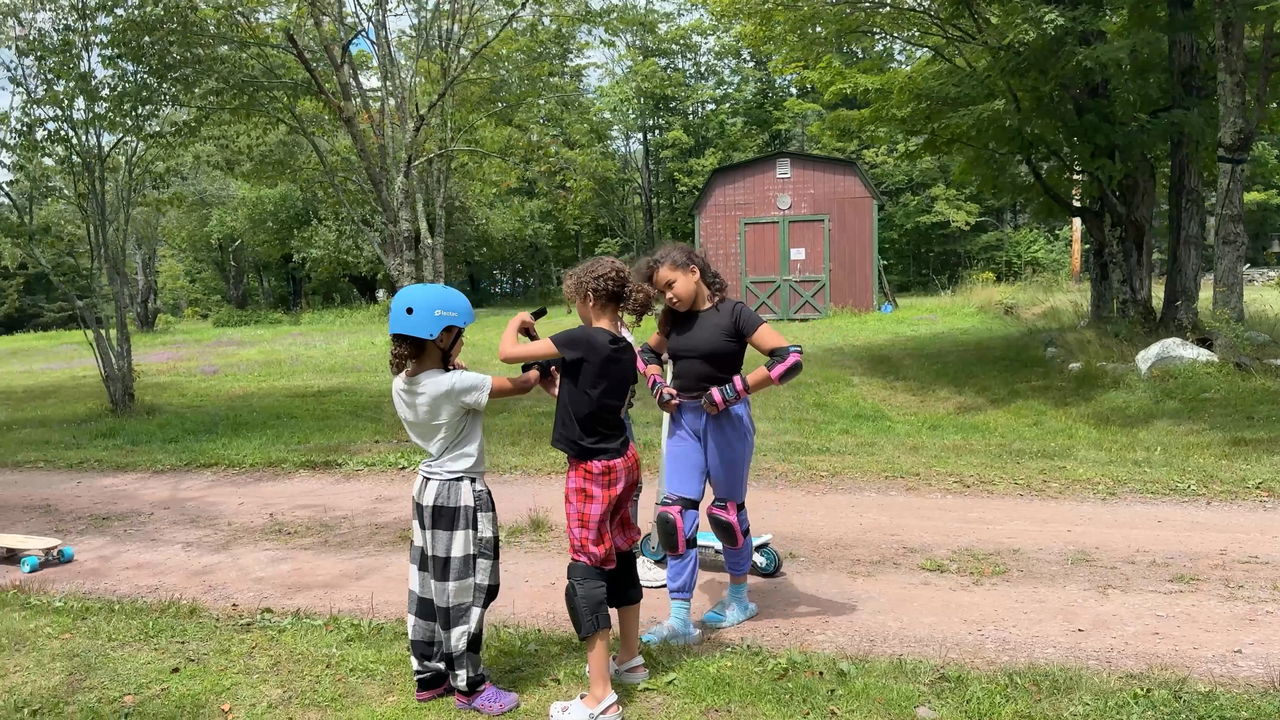
Overview
Camp Oh‑Neh‑Tah, a Girls Quest program in the Catskill Mountains, has served girls from underserved communities since 1936. With a mission rooted in leadership, literacy, and experiential learning, the camp offers transformative summer experiences for girls from New York City and Greene County.
In summer 2025, Camp Oh‑Neh‑Tah introduced an innovative, hands-on STEM project into their program: building and riding electric skateboards and scooters. This immersive activity combined creativity, teamwork, and technical learning - giving campers a chance to engage with science and engineering in a way that felt fresh, empowering, and fun.
Why Camp Oh‑Neh‑Tah Chose Lectec
Camp leadership was looking for a new activity that would feel both exciting and meaningful - something that could show girls they’re capable of building and understanding real-world technology, even with no prior experience. The electric vehicle kits provided the perfect platform. Each kit came with all parts, tools, and instructions needed to fully assemble a working electric skateboard or scooter.
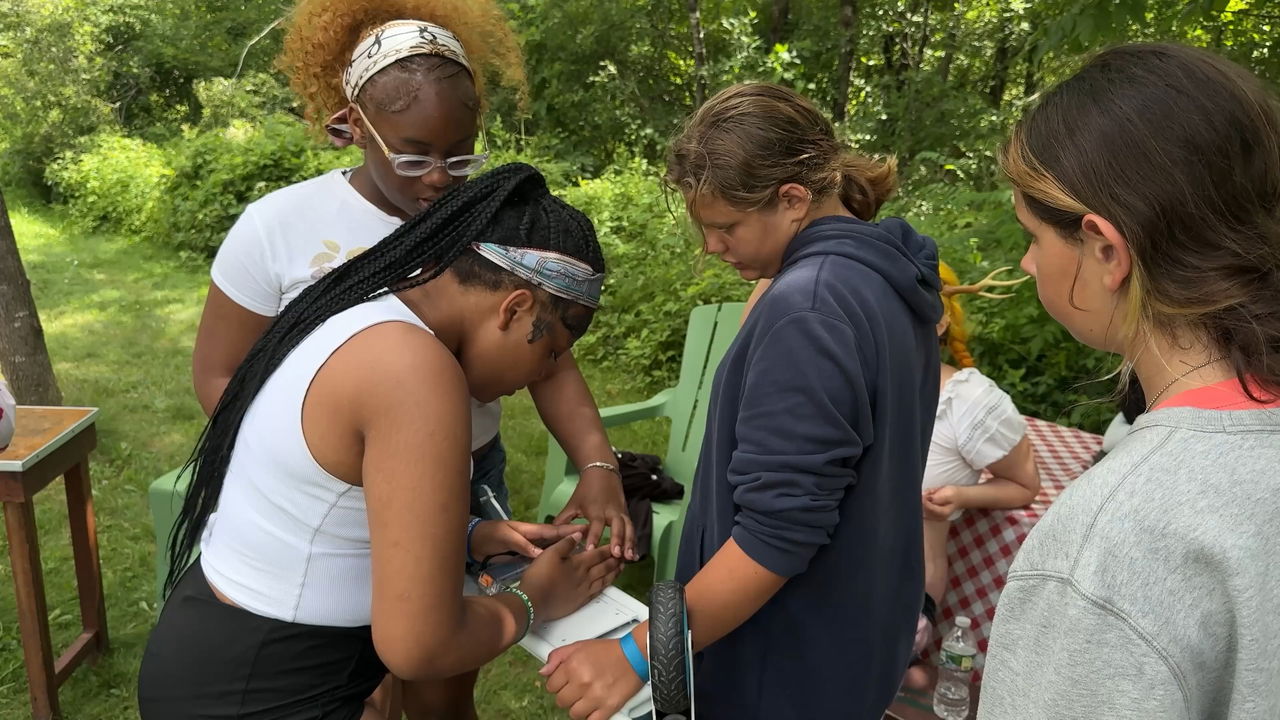
Campers attaching the battery to the electronic speed controller on the rail of the electric scooter.
As counselor Sharmaine P. described:
“For me, it wasn’t complicated at all. For the girls, they loved it- especially the screws and the wrenches. That was the main part. They loved to hold on to the wrenches and the screws and put them together.”
The project was accessible, yet challenging. Campers were able to work through real assembly steps while gaining exposure to mechanics, wiring, and electronics in a supportive, all-girls environment.
Program Implementation
Over the course of the day, campers broke into small teams and built their vehicles from the ground up - attaching wheels, mounting motors, connecting batteries, and learning how each part works together to make the vehicle move. No prior STEM experience was required. The clear instructions and collaborative nature of the build allowed every camper to be hands-on from start to finish.
Each group built either a scooter or a skateboard and had the chance to ride it once complete. Campers supported one another during the build process and cheered each other on during the test rides.
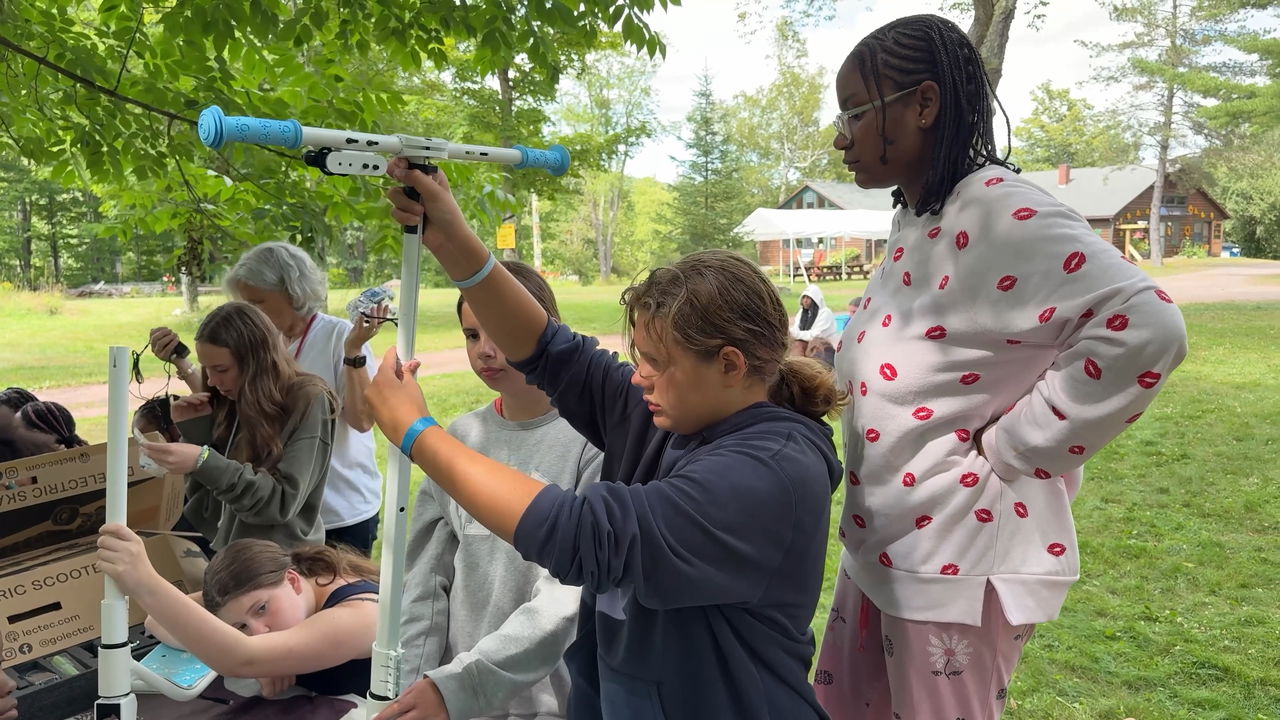
Campers adjusting the handlebar height of the electric scooter.
One camper was so excited by the experience, she shared:
“I asked if I could get a job. Cause it was really fun building them, and I wanted to, like, teach others about how to build skateboards.”
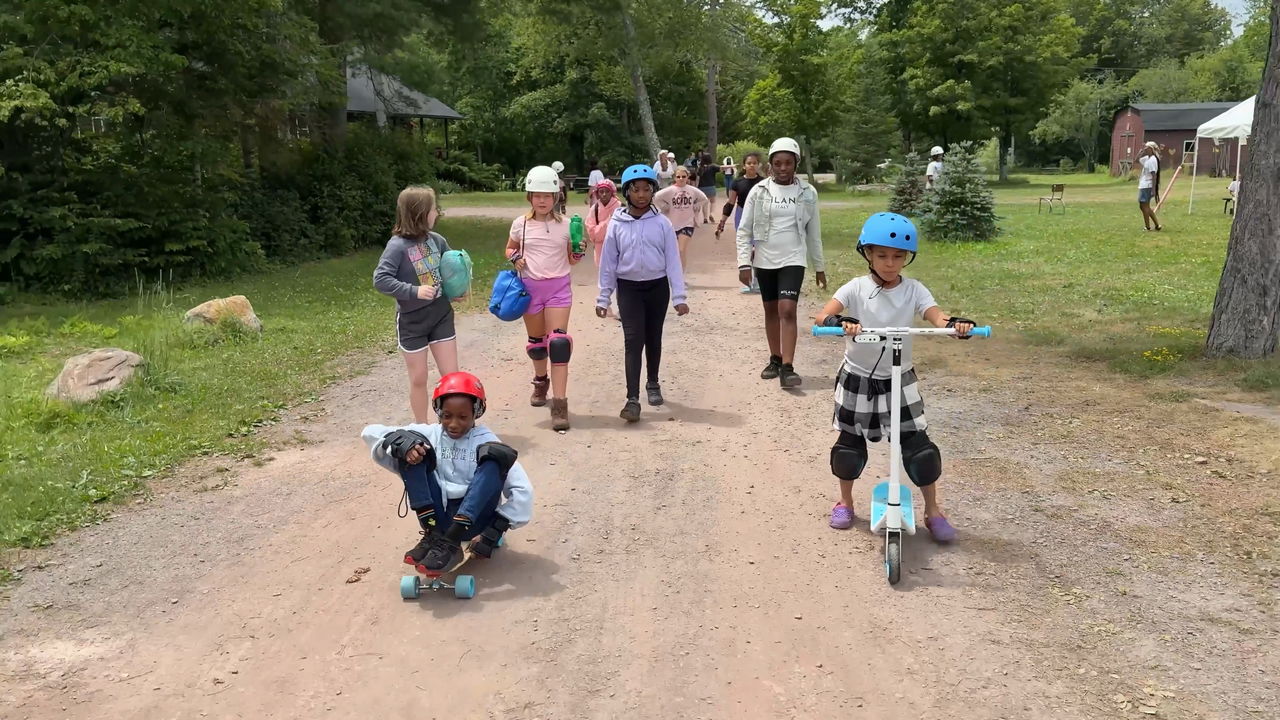
Campers riding the electric skateboard and scooter kits outside.
Outcomes
The experience gave campers more than just a fun ride—it gave them a sense of pride, capability, and exposure to STEM in a way that felt relevant to their lives. Many campers had never used real tools before. Now they were using wrenches, aligning parts, solving problems, and watching their hard work roll down the road.
As Sharmaine noted:
“None of them girls was nervous. They was ready like they’re daredevils. They was ready to go.”
It was clear: this wasn’t just a summer activity - it was a confidence-building moment they’ll carry with them long after camp ends.
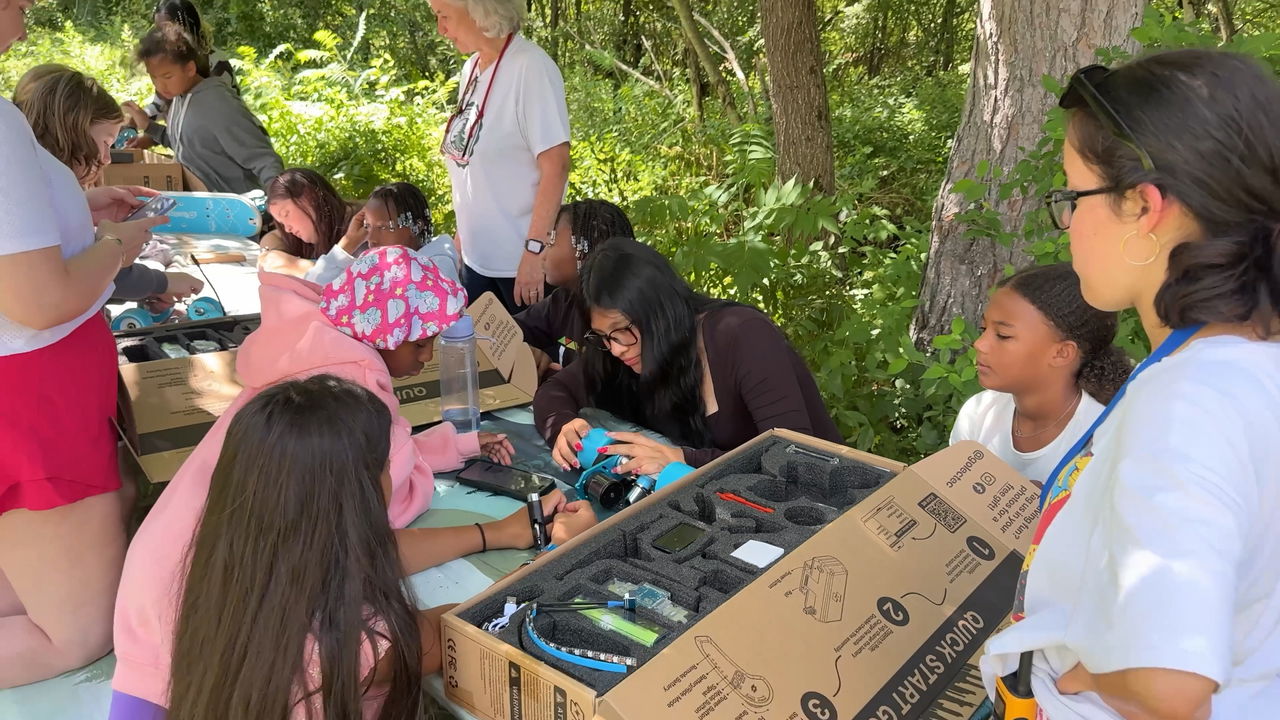
Campers working together to assemble the electric skateboard kit.
Interested in implementing Lectec?
Final Thoughts
Camp Oh‑Neh‑Tah showed that hands-on STEM learning doesn’t have to happen in a classroom. By integrating electric vehicle building into their summer programming, the camp gave girls the opportunity to build, ride, and believe in their own potential.
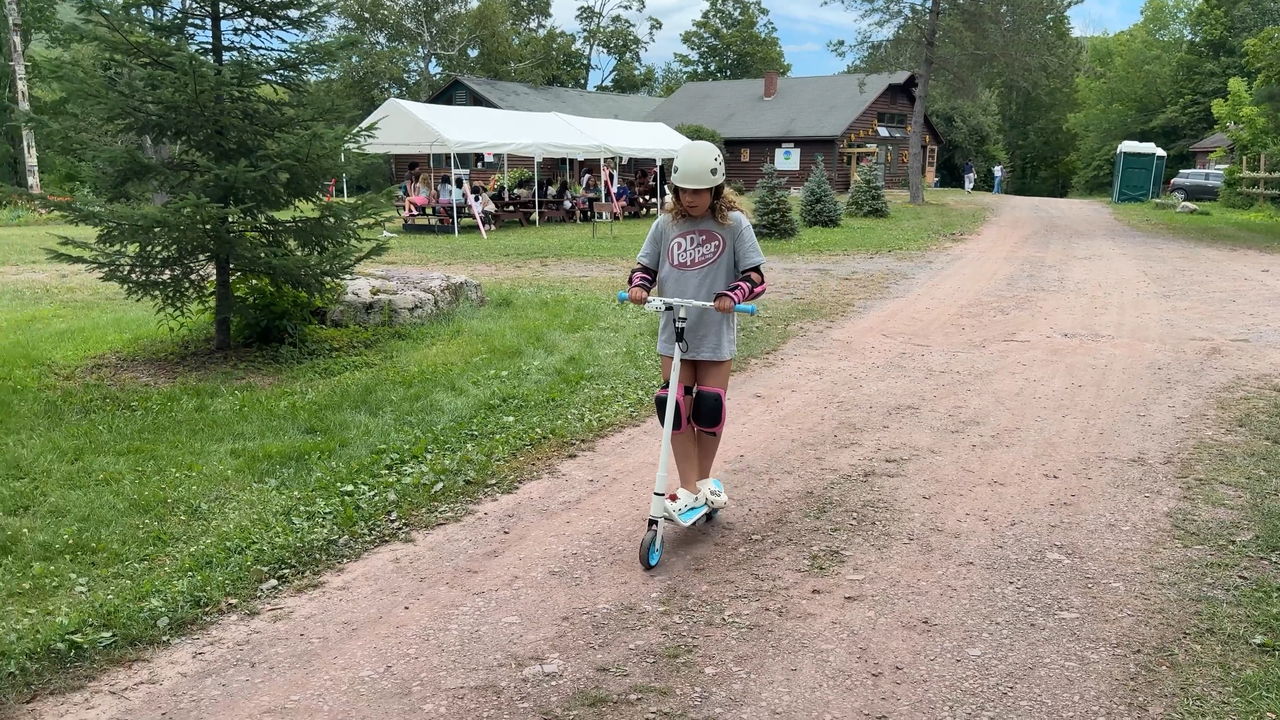
Camper riding the electric scooter kit outside.


